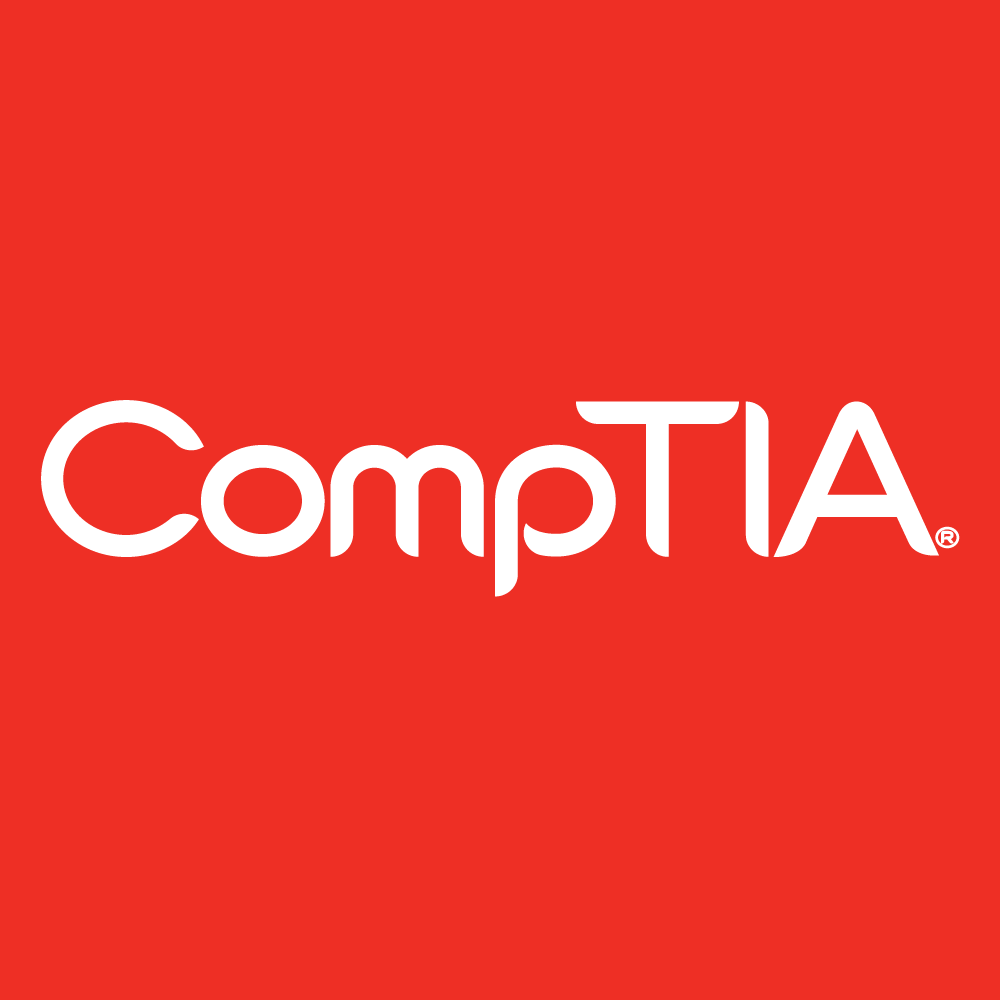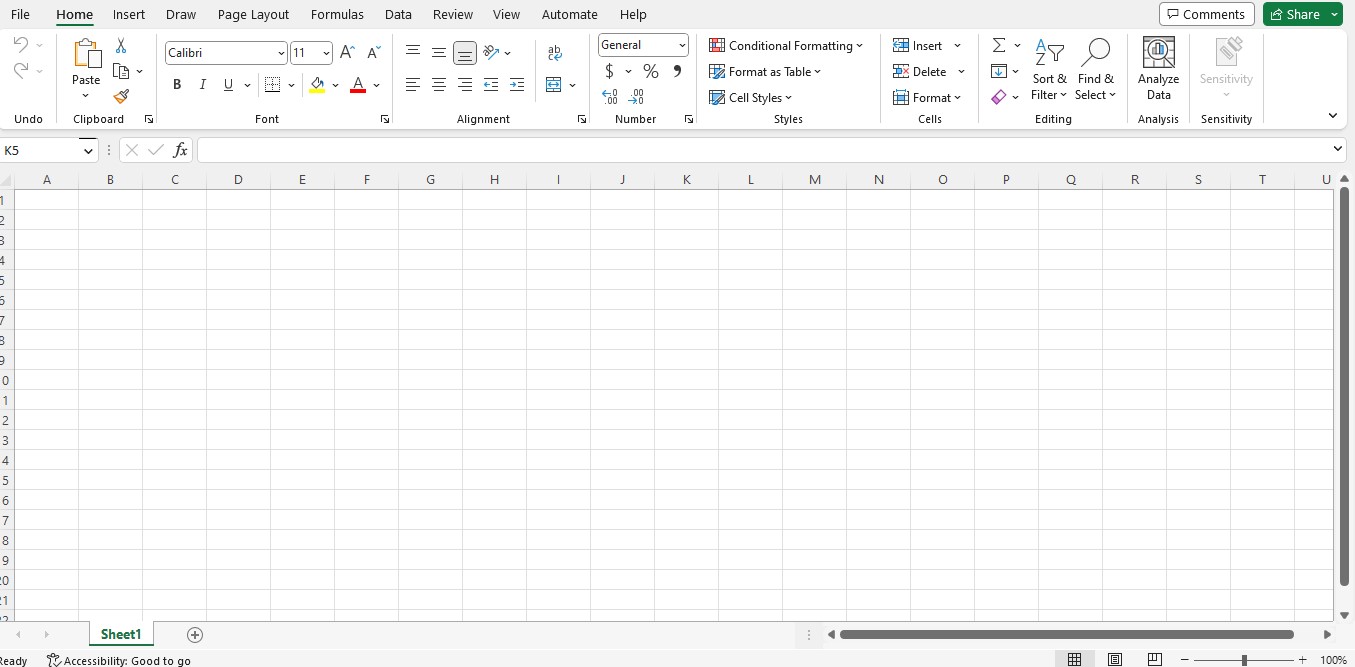Resources
I recommend studying high level programming languages initially such as Java or Python. The reason why is that they do a lot of things under the hood that you need to worry about with lower level programming languages, such as garbage collection, memory allocation, and so on. Being able to focus more on the important concepts of programming before moving down into the lower levels can help a lot if you're looking to learn how to program on your own. To help with that the resources on this page are broken down into three categories.
The academic resources should help you understand practical concepts required to be a good programmer, such as complex math. The job interview book focuses specifically on complicated algorithms as well in a language agnostic manner. Other resources such as Machine Learning Mastery are maintained by PhDs in the field of Machine Learning. So long you do not ever pay full price for a Udemy class resources on this list should not cost a whole lot.
The CompTIA trifecta are the three certifications most recognized by recruiters: A+, Net+, and Sec+. The goal of the certifications is to display you understand the basics of IT, networking, and cybersecurity. They are generally considered more broad than deep, and sometimes hiring managers can still be skeptical of your skillset. I think the biggest piece of advice I can give for preparation is focus on the performance based questions if you have any sort of IT background. Jason Dion nearly violates the NDAs we sign before we take the exams with his courses. If you get them while on sale you're practically guaranteed to be prepared for very little. I am not a career guru, but projects have done a lot for me over the years.
The last set are open data sets, which means they are data anyone can legally use for projects. Sometimes the sets are clean and sometimes they require preprocessing. Seeing as how preprocessing is an extra step that affects nothing I recommend assuming the sets have missing values. Aside from becoming a better programmer you can pad your resume with projects and look incredibly impressive outside of tech. I hope all this stuff helps you, and I will try to make it as comprehensive as possible.


